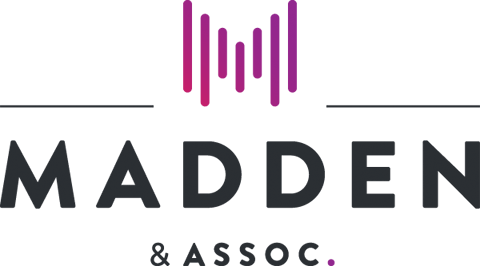A much-used expression in financial markets says that ‘past performance is no guarantee’ of future returns. Such pragmatic words are a blunt warning to investors that what goes up can come down.
History may not help an investor make a safe financial bet, but lessons from the past can help guide our communication response to avert future calamity driven by rumour, fear and panic.
In the context of world contagion, like the panic we have seen grip global financial markets over the evolving Novel Coronavirus or COVID-19 situation, it is helpful to look back to understand historical lessons.
Aussie supermarket shelves empty of toilet paper make for good television grabs, but don’t do justice to the facts. COVID-19 emerged in Wuhan, China, and this mutation was reported to the world on December 31, 2019. At the time of writing, some 95,000 people have contracted the virus worldwide, 50,000-odd have recovered and sadly some 3,000 of those people have succumbed.
The media statement from the World Health Organisation’s Director-General this week contained a standout line: ‘Stigma, to be honest, is more dangerous than the virus itself’ – is a good example of the calm voice of authority and fact.
Because, while the WHO remains calm, financial markets have been chaotic. Global markets were hit hard with the dumping of trillions (yes $US4 trillion at the time of writing) in value over recent weeks.
Meanwhile, vaccine manufacturers are racing to be first to find and release a vaccine and other therapies.
Until then, the whole world is holding its breath or at least covering its mouth with a surgical mask, hand washing and staying away from public spaces. Australians are buying loo rolls at alarming rates.
Caught up in this rapidly evolving scenario, professional communicators guiding their clients should ensure they don’t simply retreat and adopt a ‘hope for the best’ stance. Prepare, monitor and be ready to act decisively.
Past lessons
So, what about the past? Financial and corporate PRs like me carry the muscle memory (and yes, scar tissue) from various exogenous global shocks.
When the US property market crashed in 2007, sparking the global financial crisis (GFC) and sending fiscal contagion around the world, my PR firm, like every other business in Australia, suffered an initial round of severe contraction. Around half the clients pulled their budgets.
Those that remained as clients, and who ‘weathered the storm’ with consistent and clear guidance to their customers and media stakeholders, grew their business during this testing time. Solidarity, concrete foundations and a firm strategy worked, as did the sense of strong purpose and collaboration that was forged.
Some others who chose to tough it out alone went to the wall, a sort of self-fulfilling prophecy of the dominant fear and doom.
There have been many such life-threatening events, and not all of them became a full-blown crisis, including natural disaster incidents like tsunami weather events, the SARS outbreak, the 9/11 World Trade Centre terrorist attack, and perhaps the most relevant for today’s contagion scare is the GFC.
Many lessons were offered up and adopted throughout these events.
Many too have been forgotten.
In a nutshell? I expect three emotive elements will be crucial for us to understand and combat. Those are mounting confusion, fear and anxiety. And that is just for clients with exposure to financial markets and their customers!
On a wider scale, share markets, for example, have already priced in the risk of a worst-case scenario, based largely on fear, a degree of herd mentality and the compelling nature of negative market momentum.
This downward momentum has a causative effect – and drives greater confusion about the potential extent and nature of this new disease. Various glib, unhelpful messages about the origins, treatment and genuine mortality rate add to the fear and confusion. And so, naturally, the overhang of anxiety is present.
We are in a period of intense uncertainty right now. The last thing we should do is allow that uncertainty to germinate even more contagion than it ought.
Amid the toilet paper shortage crisis and intense 24/7 media cycle now is the time for facts, leadership and reason to shine through. Decisive, clear-eyed action is what’s required.

